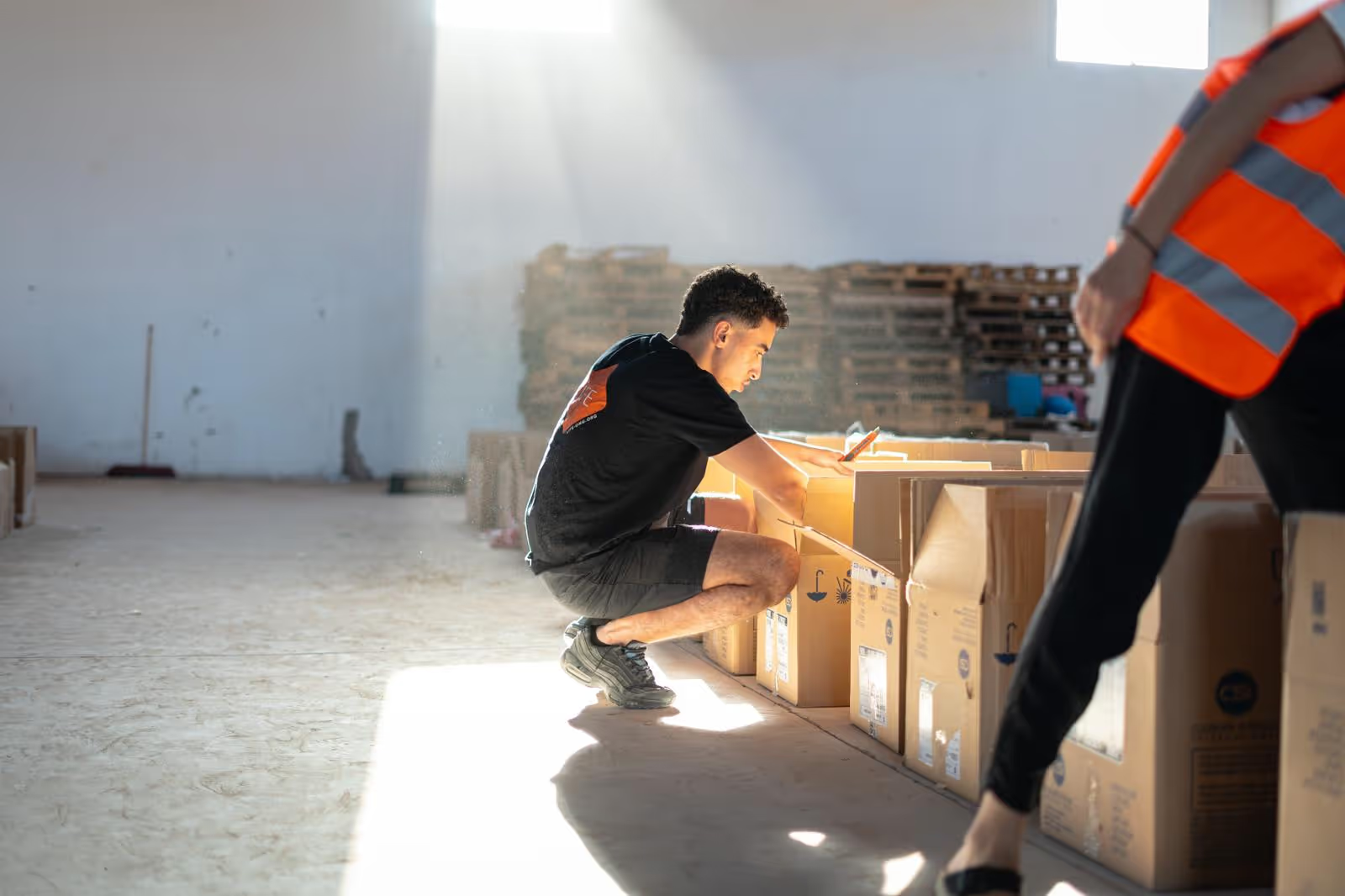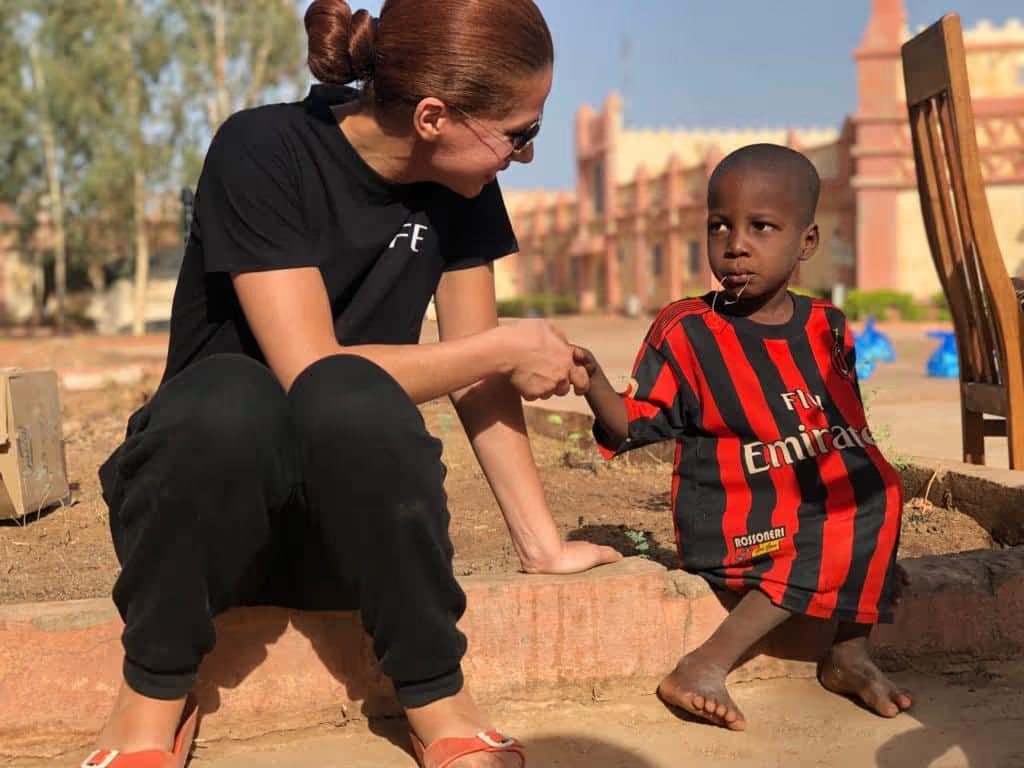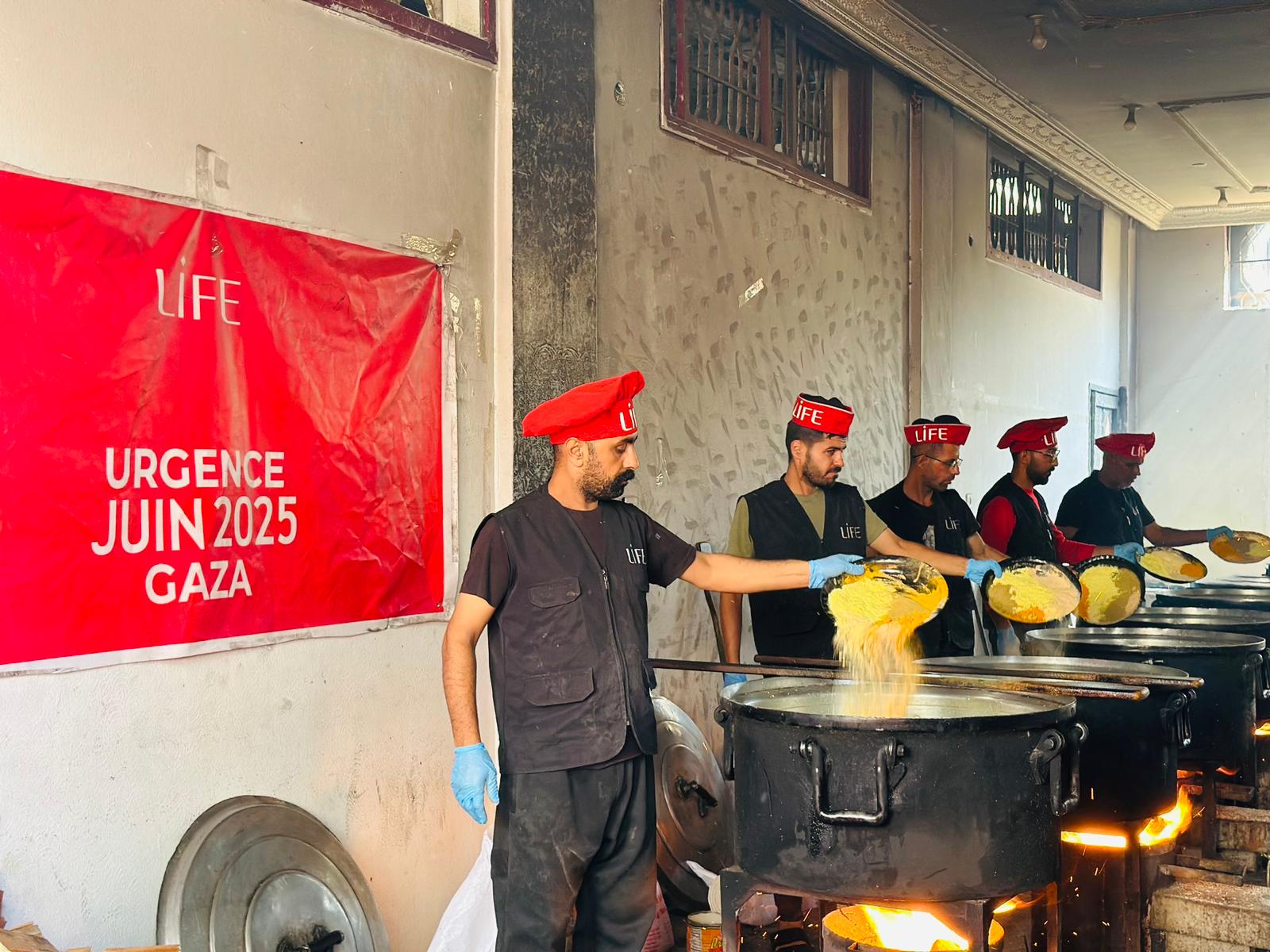Refugee camps: causes, consequences and solutions

The refugee camp crisis is a profound human tragedy that transcends borders. At the end of 2022, the United Nations High Commissioner for Refugees (UNHCR) estimated the number of forcibly displaced people in the world at 108.4 million, including refugees, asylum seekers and internally displaced persons. Behind this overwhelming number are broken lives and courageous individuals seeking a better life. Faced with this complex reality, hope is not lost.
The causes of the refugee camp crisis
To understand the refugee crisis, it is crucial to address its root causes. Several factors contribute to this situation, including:
1- Armed conflicts
Many countries around the world are in the throes of devastating wars. Civilian populations are trapped in the fighting, forced to flee to escape violence and insecurity. The Sahel region illustrates this sad reality. The violence of armed groups leads to the massive displacement of populations. The fatal combination with the consequences of global warming has forced families to leave behind their homes, animals and livelihoods. There are nearly 5 million displaced people in the Sahel.
2- Persecution
Persecutions based on religion, ethnicity, or belonging to a social group or political opinions are important factors that cause many people to leave their country of origin.
3- Natural disasters
Extreme weather events, such as hurricanes, floods or even droughts, force millions of people to flee. Bangladesh is one of the countries most affected by global warming causing the mass displacement of the population. By 2050, it could lose up to 20% of its territory due to rising sea levels.
4- Poverty, political and/or economic instability
Regions affected by poverty, economic and political instability are often the scene of massive displacements. People are fleeing in search of a better life and economic opportunities.
The consequences for refugees
Life as a refugee is synonymous with considerable challenges. It's a fight for survival.
1- A life in precariousness
Refugees are often forced to live in precarious conditions, in overcrowded and unsanitary camps. Families may be forced to live in makeshift shelters, exposed to weather and extreme weather conditions.
Access to medical care is also limited, making them more vulnerable to illness and infection.
They also have limited access to food. Many families don't have enough to eat.
Access to clean water is essential for survival, but many refugees do not have access to a clean water source. They have no choice but to drink contaminated water, and are exposed to the risk of potentially fatal waterborne diseases.
2- Vulnerability to violence and exploitation
Refugees, especially women and children, are often at increased risk of violence and exploitation. In overcrowded camps, limited access to security can create an environment conducive to abuse. Sexual exploitation, forced labour and human trafficking are threats that fall on the shoulders of refugees.
3- The trauma endured
Entire families are leaving their countries of origin, leaving behind everything they know and cherish. They are plunged into the unknown, confronted with uncertainty. This flight and survival in hostile conditions often leave deep mental scars. Refugees face traumatic experiences. Post-traumatic stress and other mental health conditions are common.
The consequences for the countries that host
The consequences of the refugee crisis are numerous, affecting both the refugees themselves and the countries that host them.
1- Managing pressure on resources
Countries that host refugees often face considerable pressure on their resources. The sudden arrival of large numbers of people requires efforts to provide shelter, food, water, health care, and educational services. These additional responsibilities can put a strain on national infrastructure and budgets.
2- Social and political challenges
Refugees bring diverse cultures and customs with them, which can lead to integration challenges and sometimes social tensions. Debates about immigration and refugees can become sensitive political issues. Governments need to manage these challenges carefully to ensure seamless integration.
3- The economic impact
The economic impact of welcoming refugees varies depending on several factors, including their level of education, skills, and employment opportunities in the host country. In some cases, refugees can contribute to the local economy by bringing in new skills and an available workforce.
Taking action to change lives
Although the refugee crisis is a complex challenge, solutions exist to improve their living conditions. Whether at the level of governments, NGOs, or at the citizen level, we all have a critical role to play in changing lives and building a brighter future for refugees.
1- International cooperation

Nations around the world need to work together to find concrete and sustainable solutions. Cooperation is critical to saving lives. Governments can strengthen legal protection for refugees by ensuring access to fair asylum procedures and by fighting discrimination. Adequate legal support can make a difference for those seeking refuge. Refugees often have valuable skills and talents to offer. Economic integration programs can help them find a job and contribute positively to the host society.
Access to education is also essential. It allows refugees to rebuild their lives and acquire the skills they need to contribute to the development of their host country.
NGOs also play a crucial role in providing food, clean water, shelter and health care. Our NGO regularly helps these populations, in particular through: our program 1€ = 1 meal. We are distributing food packages to bring joy and comfort, as in Somali or Lebanese refugee camps.
2- Civic commitment
Educating global citizens about the reality of refugees and their living conditions can contribute to fighting prejudices and stereotypes. Awareness is a critical first step towards empathy and support.
Many people choose to volunteer with organizations working with refugees. Fundraising for humanitarian initiatives can also provide valuable assistance. Citizens can also put pressure on their political representatives to support fairer immigration policies and to promote refugee rights nationally and internationally.
The refugee camp crisis remains one of the most pressing challenges of our time. Solutions exist to make a significant difference in the lives of those who need them most.Join us! Together, we can take action to change lives and contribute to the creation of a world where solidarity and empathy prevail.



.avif)





